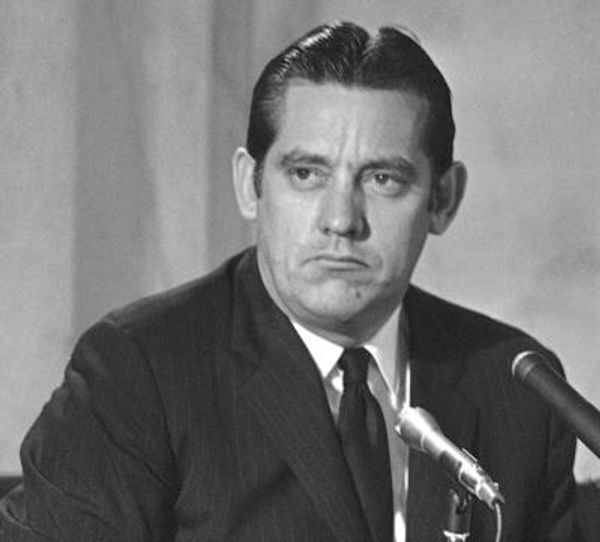Stocks finished higher Wednesday, while the dollar extended its recent pullback and oil prices fell, as markets reacted to a solid set of corporate earnings that suggest underlying resilience in the world's biggest economy.
Stocks reversed earlier declines, however linked to news of an emergency plan by the European Commission, the region's executive branch, to reduce and ration natural gas usage following a threat on supply disruptions from Russia's President Vladimir Putin.
The move countered reports that Russia's key European gas pipeline, Nord Stream 1, is set to go back online later this week following extensive repairs.
Still, with the dollar retreating to multi-week lows against its global peers amid fading bets on a jumbo rate hike from the Federal Reserve next week, investors appear willing to moderate their expectations for near-term inflation and its impact on growth.
Falling gas prices and a robust jobs market are also adding some cautious optimism to the broader economic picture, with data from the AAA motor club showing average prices have slumped to $4.467 per gallon, down more than 12.5% from their all-time highs last month.
WTI crude futures for September delivery, the most closely related contract to domestic gas prices, traded $1.99 lower on the session at $98.75 per barrel ahead of Energy Department data on domestic stockpiles later in the day.
Those dynamics, coupled with a series of stronger-than-expected second quarter earnings, have given both U.S. and world stocks a boost this week, with the S&P 500 holding at the highest levels since June 9 and world stocks holding at a three week peak.
All that said, the Atlanta Fed's GDPNow forecasting tool shows the U.S. economy is shrinking at a 1.6% clip, following contractions in both the first and second quarter, and the CME Group's FedWatch suggests there's still a 35.6% chance of a 100 basis point rate hike when the central bank meets next week in Washington.
Benchmark 2-year Treasury note yields traded at 3.229% overnight, against a 3.017% rate for 10-year notes, holding the so-called 'inversion' of the yield curve -- an accurate predictor of recession -- near the steepest since December of 2000.
The S&P 500 finished up 0.59%, while the Dow Jones Industrial Average ended up 47 points, or 0.15%, to 31,874. The tech-focused Nasdaq gained 1.58%.
Ford (F) is preparing to cut as many as 8,000 jobs in the coming weeks, Bloomberg reported, as the automaker tries to boost profits to fund its push into the electric-vehicle market.
The eliminations will come in the newly created Ford Blue unit responsible for producing internal combustion engine vehicles, as well as other salaried operations throughout the company, Bloomberg said, citing people familiar with the matter.
Netflix (NFLX) shares surged 7.35% after the streaming entertainment service topped second quarter earnings forecasts and posted a smaller-than-expected paid subscriber exodus.
Netflix lost 970,000 paid subscribers over the quarter, the company said, less than half of the anticipated 2 million, helping revenues rise 8.6% from last year to $7.97 billion.
Tesla (TSLA) shares gained nearly 1% ahead of the carmaker's hotly-anticipated second quarter earnings after today's closing bell.
The EV maker topped analyst estimates for revenue and earnings after the bell. The carmaker had been expected to post a 43% year-on-year gain in group revenues, at $17.2 billion, with a bottom line of $1.86 per share.
Chip stocks such as Nvidia (NVDA), Advance Micro Devices (AMD) and Intel (INTC) finished higher following a mixed set of second quarter results from semiconductor equipment maker ASML NV and the clearing of the first Congressional hurdle towards billions in sector relief from the government.
ASML posted record bookings of €8.6 billion euros and better-than-expected group revenues of €5.43 billion, but cut its full year growth forecast in half and plans to defer delivery of at least 15 of its extreme ultraviolet lithography systems, or EUV machines, until next year.
That outlook is crucial for the tech sector, as ASML's €100 million EUV systems, which design complex chips, are used by sector titans such as Samsung Electronics, Intel and Taiwan Semiconductor.







